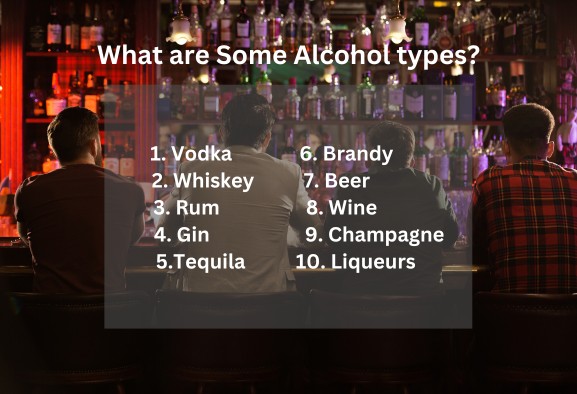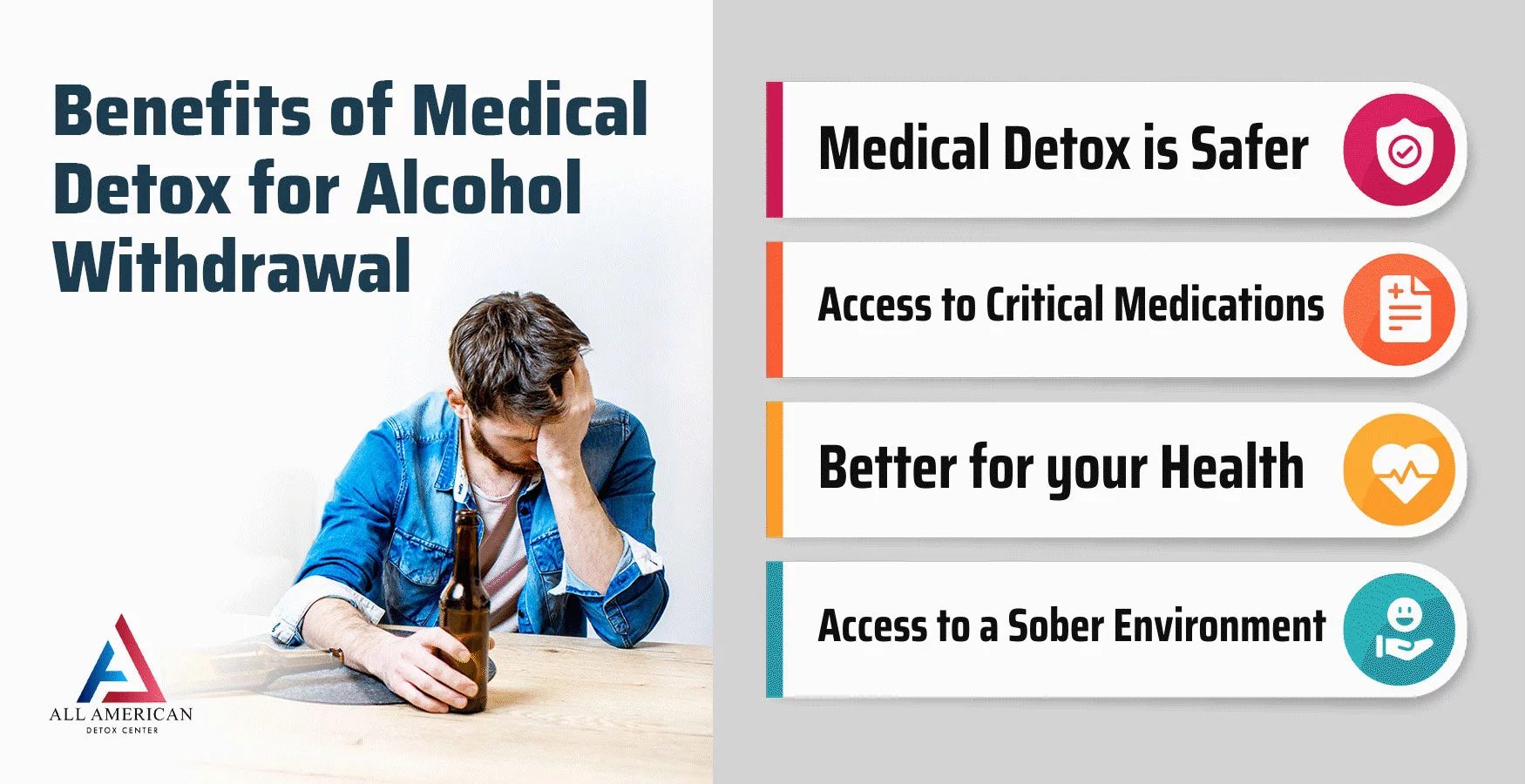When it comes to the world of alcohol, there’s a hidden language that often goes unnoticed – the street names for alcohol. These monikers, veiled in secrecy, have a vibrant history and culture.
Let’s navigate through the intricate web of slang names for alcoholic drinks, the nuances of alcohol addiction, and the diverse Alcohol types.
What are Some Slangs And Street Names For Alcohol?
Booze:
“Booze” is a colloquial term for alcoholic beverages in general. It’s a widely recognized and informal way to talk about any alcoholic drink.
Moonshine:
“Moonshine” typically refers to illegally distilled or homemade alcoholic beverages, often associated with homemade production in rural areas. It gained its name during the prohibition era when illicit alcohol was usually produced at night (“by the light of the moon”).
Giggle Water:
“Giggle water” is a playful and old-fashioned term for alcoholic beverages, implying that drinking it might lead to laughter or a light-hearted mood. It’s a whimsical way to refer to alcohol.
Liquid Courage:
“Liquid courage” is a term used to describe the confidence or bravery that people might feel after consuming alcohol. It suggests that alcohol can help individuals overcome inhibitions or fears in social situations.
Sip:
While “sip” is a common word for taking a small drink, in the context of alcohol slang, it can refer to a small amount of a strong alcoholic beverage. It’s often used casually and flexibly, emphasizing the leisurely enjoyment of a drink.
What are Some Alcohol types?

There is a diverse array of alcohol types, each offering a unique flavor profile and serving purpose. Here are some common alcohol types:
-
Vodka:
Known for its neutrality, vodka is a versatile spirit suitable for various cocktails. It undergoes distillation from grains or potatoes.
-
Whiskey:
This aged spirit, derived from fermented grain mash, includes variations like bourbon, rye, and scotch, each with distinct characteristics.
-
Rum:
Typically made from sugarcane juice or molasses, rum spans from light to dark, offering a sweet and often tropical taste.
-
Gin:
Infused with botanicals, especially juniper berries, gin provides a crisp and herbal flavor. It’s a key component in classic cocktails like the Martini.
-
Tequila:
Originating from Mexico, tequila is made from the fermented juice of the blue agave plant. It can be enjoyed straight or in cocktails like the Margarita.
-
Brandy:
Produced by distilling wine or fermented fruit juice, brandy encompasses a broad category, including Cognac and Armagnac, known for their nuanced flavors.
-
Beer:
Fermented from malted barley, hops, water, and yeast, beer comes in various styles such as lager, ale, stout, and more.
-
Wine:
Produced by fermenting grapes, wine includes red, white, and rosé varieties. Each type offers various flavors, from bold reds to crisp whites.
-
Champagne:
A sparkling wine from the Champagne region in France, it is celebrated for its enthusiasm and is often associated with special occasions.
-
Liqueurs:
These are sweetened spirits infused with various flavors, such as fruits, herbs, or spices. Examples include Grand Marnier, Amaretto, and Baileys Irish Cream.
What are Some of the Alcohol Abuse Effects?
Detrimental Effects on Organs
Alcohol abuse takes a severe toll on the body’s organs. The liver, a vital organ responsible for detoxification, is particularly vulnerable. Prolonged abuse can lead to conditions like cirrhosis, compromising the liver’s ability to function optimally.
Neurological Implications
Beyond the liver, the central nervous system is not spared. Excessive alcohol intake can result in neurological disorders, affecting cognitive functions and leading to conditions like Wernicke-Korsakoff syndrome.
Impact on Mental Health
Alcohol abuse intertwines with mental health, often exacerbating existing conditions or giving rise to new ones. Depression, anxiety, and even suicidal tendencies can emerge, casting a dark shadow on an individual’s overall well-being.
Strained Relationships
The ripple effect of alcohol addiction extends beyond the individual, affecting interpersonal relationships. Families, friendships, and professional connections may strain under the weight of the emotional toll exacted by addiction.
Know the Early Signs of Liver Damage from Alcohol.
What are The Factors Affecting Alcohol Addiction?
Genetic Influences on Alcohol Addiction
Genetics, a silent architect, weaves the blueprint of our lives. In the realm of alcohol addiction, familial predisposition often acts as the silent conductor orchestrating vulnerability. Research indicates that individuals with a family history of alcohol dependence are at a higher risk, emphasizing the hereditary nature of this complex condition.
Environmental Factors and Alcohol Addiction
Our surroundings wield a profound impact on our choices, and the battle against alcohol addiction is no exception. Stressful environments, peer pressure, and the availability of alcohol create a concoction that fuels the flames of addiction.
Understanding and addressing these external triggers is paramount in the journey towards sobriety.
Neurological Factors in Alcohol Dependency
The brain, a labyrinth of intricate connections, holds the key to unraveling the mysteries of alcohol addiction. Neurological factors, such as imbalances in neurotransmitters, can amplify the susceptibility to alcohol dependence. Exploring these neural pathways is essential to comprehend the physiological aspects of addiction.
Psychological Elements of Alcohol Addiction
Beyond the physical realm, the mind dances with shadows that influence addictive behaviors. Underlying mental health issues, unresolved traumas, and coping mechanisms can drive individuals towards alcohol as a refuge. Addressing these psychological facets is imperative for a holistic approach to recovery.
Socioeconomic Factors and Alcohol Dependency
The socioeconomic landscape we navigate can either foster resilience or sow the seeds of addiction. Economic hardships, lack of access to education, and limited resources amplify the risk of alcohol dependence. Recognizing and addressing these disparities is essential for breaking the cycle of addiction within vulnerable communities.
Know the Types of Alcohol and Drug Detox Programs for Recovery at All American Detox
Conclusion
Understanding the coded language surrounding alcohol is pivotal for promoting responsible behavior and aiding those on the path to recovery. By unraveling the slang secrets associated with alcohol, we empower ourselves to address the issue with compassion and knowledge.
When addressing alcohol-related challenges, seeking effective treatment becomes paramount. Acknowledging the issue is the first step towards recovery. “Alcohol Addiction Treatment” is not just a phrase; it embodies the journey toward a healthier, alcohol-free life.
At All American Detox, we believe in the power of personalized care, comprehensive services, and unwavering support. Your journey to lasting recovery begins here, where we redefine the landscape of alcohol addiction treatment with a commitment to your well-being and a future full of possibilities.
Check out this blog on How to Prepare for a Stay in Rehab for Alcohol.





